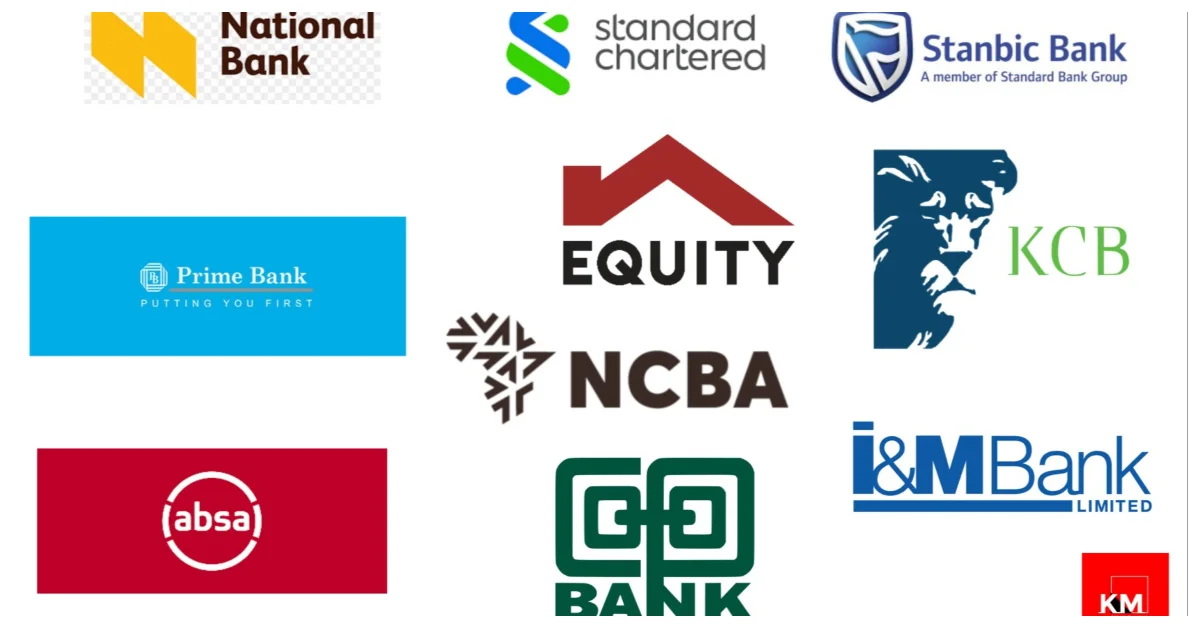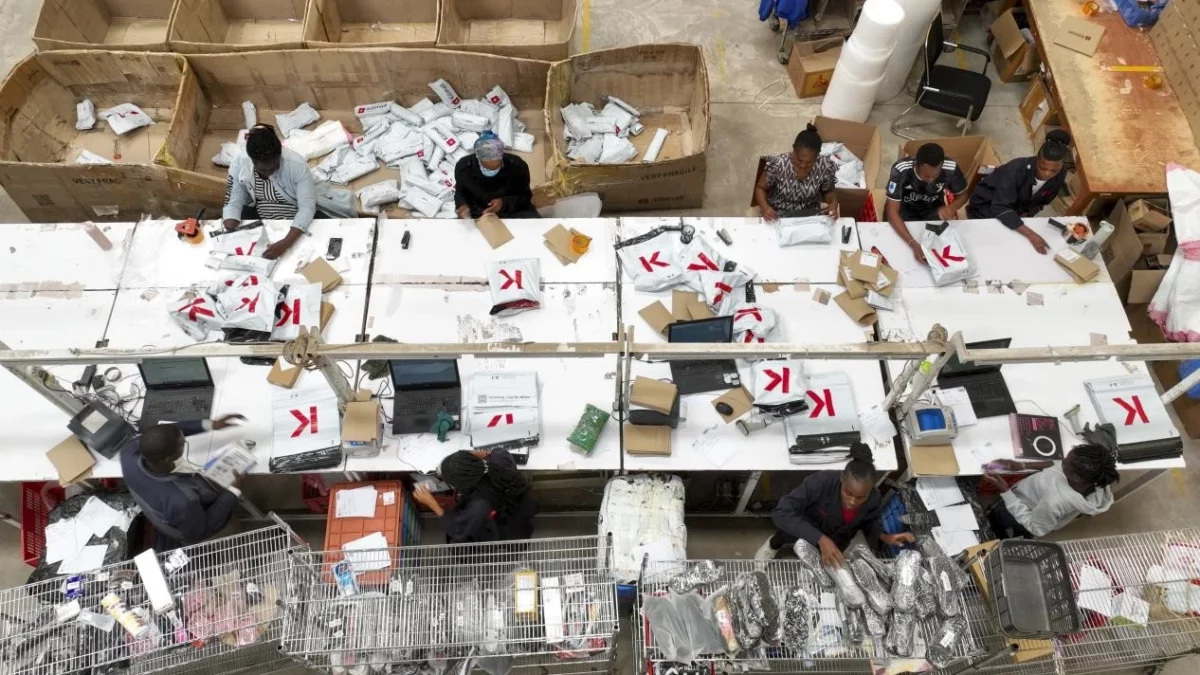Kenya’s banking industry is set to expand its workforce this year to support business growth and operational needs in line with strategic goals. However, a recent survey by the Central Bank of Kenya reveals a contrasting view in the non-banking sector. Respondents from non-banking fields are taking a more cautious approach when considering new hires.
Non-bank respondents are exercising caution due to several reasons. These include low business turnover, expectations of reduced production, a challenging economic environment, high living costs, and the need to manage operational expenses efficiently by optimizing their existing workforce. The rising prices of inputs and, in some cases, shortages of materials are also influencing this approach.
Industries such as agriculture and manufacturing point to increased production costs and lower business volumes as the reasons for not hiring new employees. The construction sector focuses on the need to streamline its current workforce to control operational costs.

Similarly, the trade sector cites weak business and sales, slower product acceptance in the market, and lower revenues as factors contributing to their restrained hiring intentions. In contrast, the tourism sector expects better business prospects and a stable economy in the upcoming year.
Read Also: Kenya’s Banking Industry Creates Job Opportunities
The survey also asked respondents for ideas on improving the business environment. Banking institutions suggested measures to encourage credit growth and enhance the overall business climate.
These include quicker approvals for risk-based pricing models and new or revised banking products. They also propose that governments settle outstanding bills to stimulate credit demand and reduce Non-Performing Loans (NPLs). Additionally, there’s a call for a stronger stance against corruption.
On the non-bank side, private firms offer different suggestions. These includes reevaluating taxation policies, making low-interest credit facilities more accessible through banks, reducing money transfer fees, providing incentives to sectors like tourism, and introducing favorable policies to attract both local and foreign investors.
Subscribe to our YouTube channel Switch TV
These proposed measures are expected to create a more favorable business environment, particularly benefiting sectors like manufacturing and tourism.




























